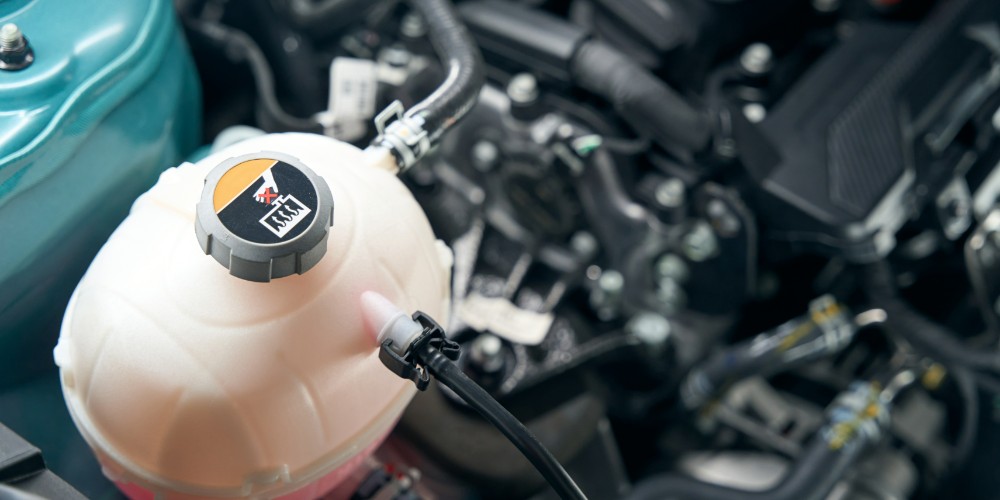Navigating the intricate landscape of loans and responsibilities in the event of the borrower’s death or incapacity can be complex. A guarantor is someone who has agreed to be legally responsible for another person’s loan in case the primary borrower defaults. If a borrower passes away or becomes incapacitated, the guarantor’s role becomes even more prominent. In the UK, specific obligations pertain to the guarantor. Let’s delve into these responsibilities.
Understanding the role of a guarantor
Before dissecting the duties of a guarantor after the borrower’s demise or incapacitation, it’s essential to grasp what being a guarantor means. A guarantor essentially backs up the borrower. Should the borrower fail to make the required repayments, the guarantor steps in to fulfil the debt. Their role is pivotal in providing security to the lender, making sure they will be repaid either way.
🚗 Read more: What every guarantor should know & their role in the agreement.
Responsibilities post borrower’s death
When a borrower dies, it doesn’t mean the loan is automatically written off. Here’s what typically happens:
1. Notification to the lender: It’s crucial to promptly notify the lender about the borrower’s death. While some lenders might offer a grace period or freeze on the loan, it’s not guaranteed. It’s the guarantor’s responsibility to keep the lender informed.
2. Repayment of the loan: As the guarantor, you are obligated to continue the loan repayments if the deceased borrower’s estate cannot cover it. It’s essential to liaise with the executor of the estate to ascertain whether the estate can repay the loan. If it can’t, you’ll need to step in.
Responsibilities in the event of incapacity
If a borrower becomes incapacitated and can’t manage their financial affairs, the guarantor’s duties remain largely the same:
1. Communication with the lender: Always keep an open line with the lender, informing them about the borrower’s health status and any implications it might have on the loan repayment.
2. Loan repayments: If the incapacitated borrower doesn’t have provisions in place (like insurance or other financial arrangements), the guarantor will need to continue making loan repayments.
Ways to mitigate the risk for guarantors
While the responsibilities of a guarantor are clear, there are a few strategies that can be implemented to reduce potential risks:
1. Insurance policies: Some insurance policies can cover loan repayments in the event of death or incapacity. Encouraging the borrower to consider these policies can offer added protection to both the borrower and the guarantor.
2. Clear legal documentation: Ensure all the loan documents are clear, concise, and legally sound. Consider seeking legal counsel to understand all ramifications and eventualities of the guarantee.
3. Open communication: Regularly discuss the loan status with the borrower. If they face difficulties, knowing about it in advance can help in planning or negotiating with the lender.
🚗 More information: What risks come with guarantor car finance?
Being a guarantor is a responsibility not to be taken lightly, especially in the unfortunate events of the borrower’s death or incapacity. It’s imperative to understand all the obligations associated with this role. If you find yourself as a guarantor, staying informed, being proactive, and having clear communication with all involved parties is key to navigating these challenging circumstances.





